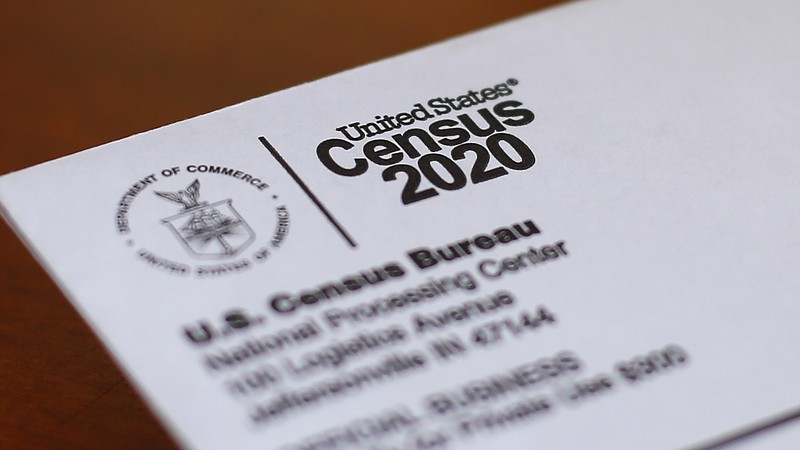NEW YORK -- A panel of three federal judges Thursday blocked an order from President Donald Trump that tried to exclude people in the country illegally from the process of redrawing congressional districts.
The federal judges in New York, in granting an injunction, said the presidential order issued in late July was unlawful and the harm it would cause would last a decade.
The judges prohibited Commerce Secretary Wilbur Ross, whose agency oversees the U.S. Census Bureau, from excluding people who are in the country illegally when handing in 2020 census figures used to calculate how many congressional seats each state gets.
According to the judges, the presidential order violated laws governing the execution of the once-a-decade census and also the process for redrawing congressional districts known as apportionment by requiring that two sets of numbers be presented -- one with the total count and the other accounting for people living in the country illegally.
The judges said that those in the country illegally qualify as people to be counted in the states where they reside.
"Throughout the Nation's history, the figures used to determine the apportionment of Congress -- in the language of the current statutes, the 'total population' and the 'whole number of persons' in each State -- have included every person residing in the United States at the time of the census, whether citizen or non-citizen and whether living here with legal status or without," the judges wrote.
The lawsuits challenging the presidential order were filed by a coalition of states led by New York and several civil-rights groups. Because the lawsuits dealt with questions about apportionment, it was heard by a three-judge panel that allows the decision to be appealed directly to the U.S. Supreme Court.
"This is a huge victory for voting rights and for immigrants' rights," said Dale Ho, director of the ACLU's Voting Rights Project, one of the groups that challenged the order.
